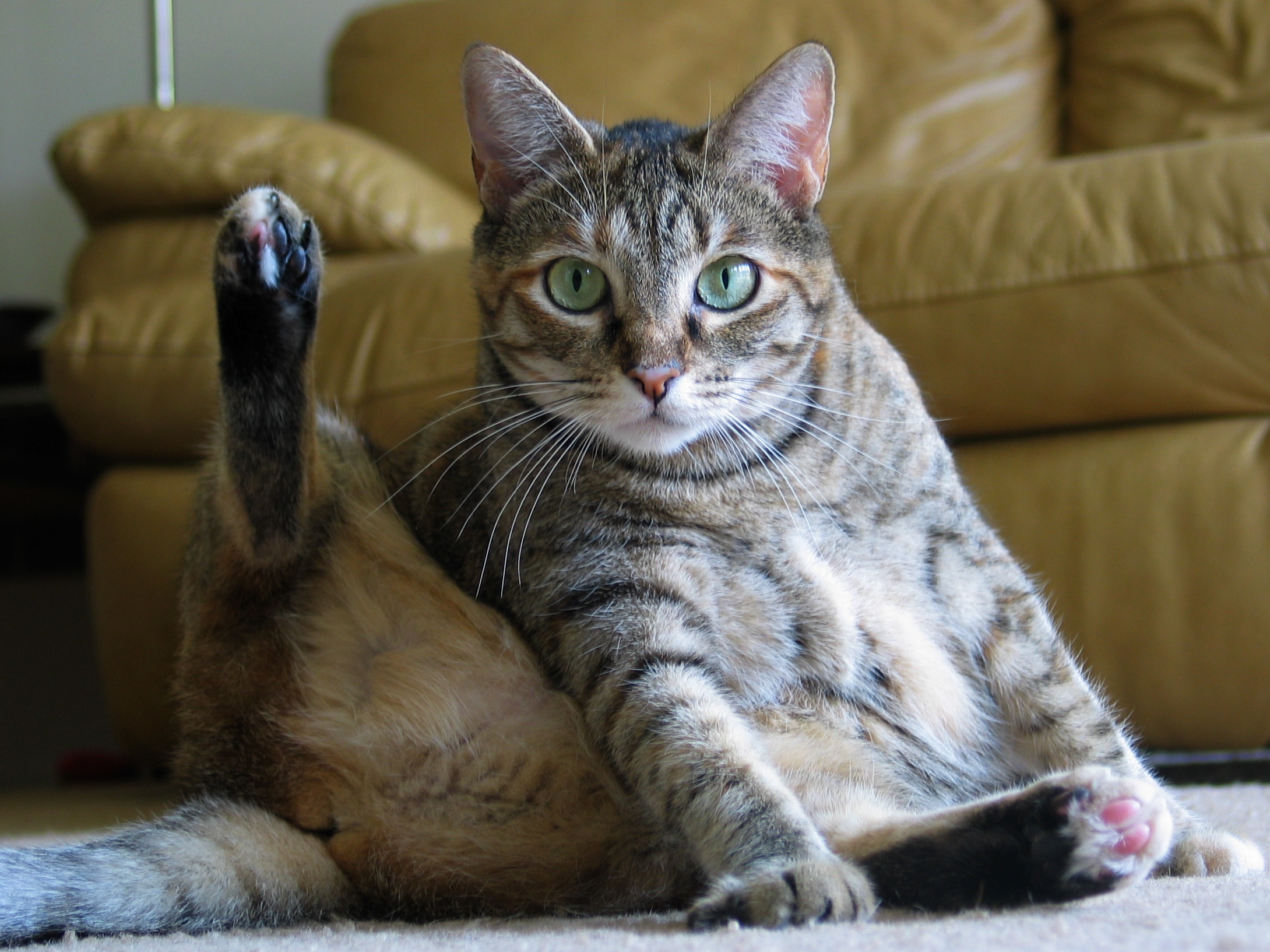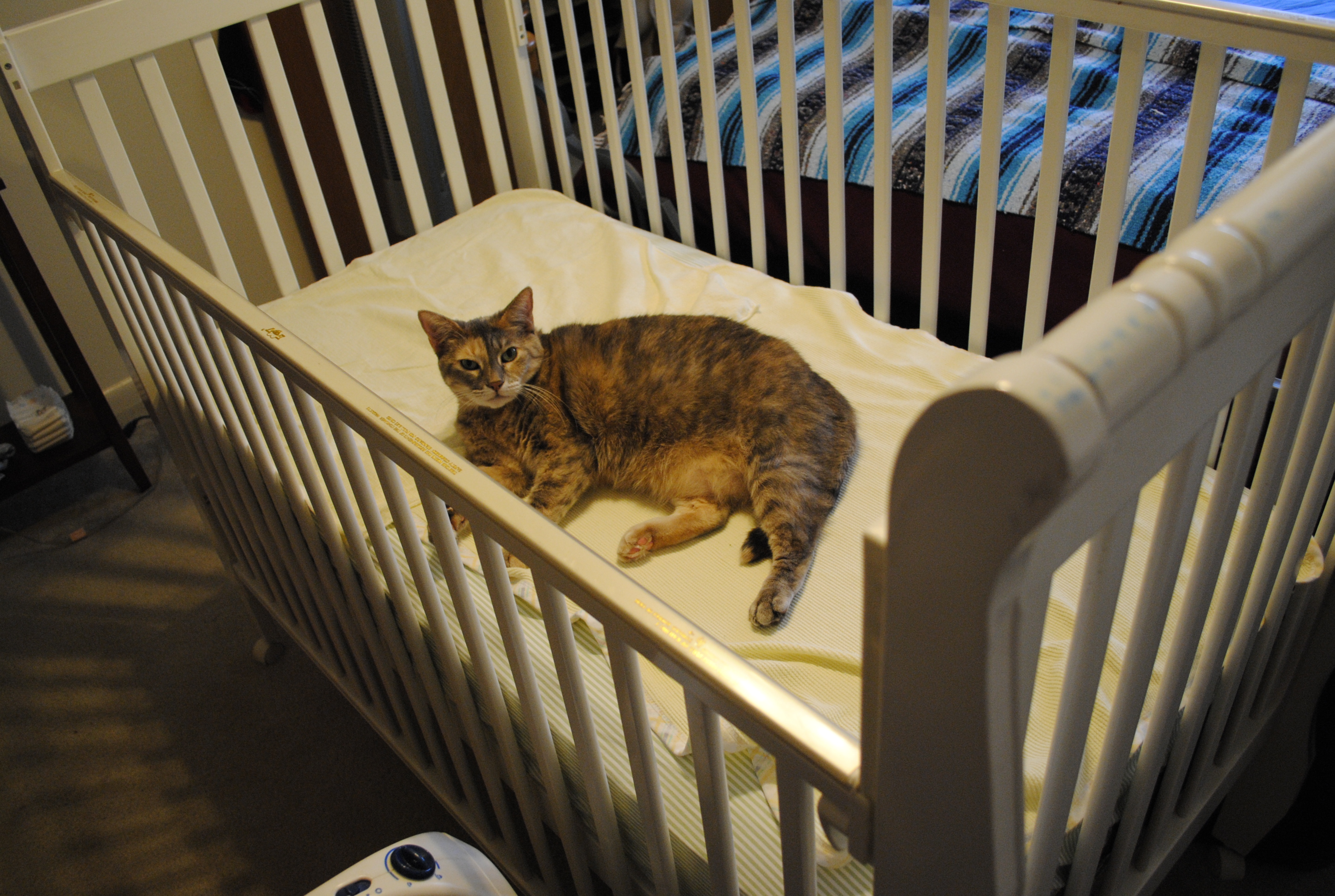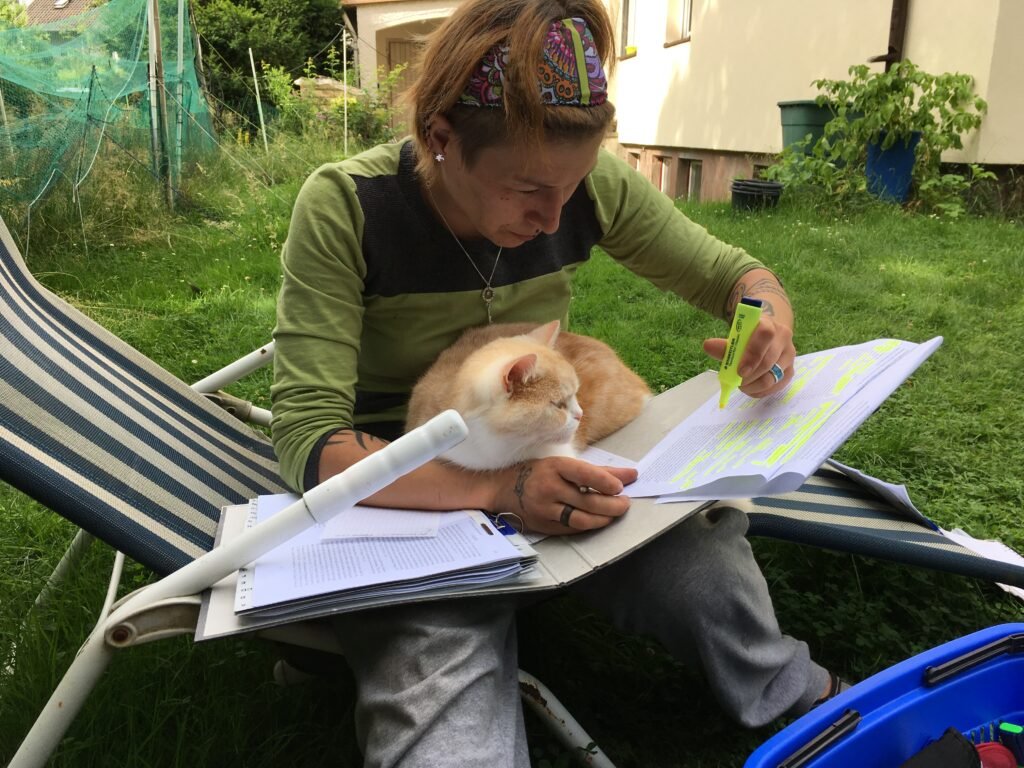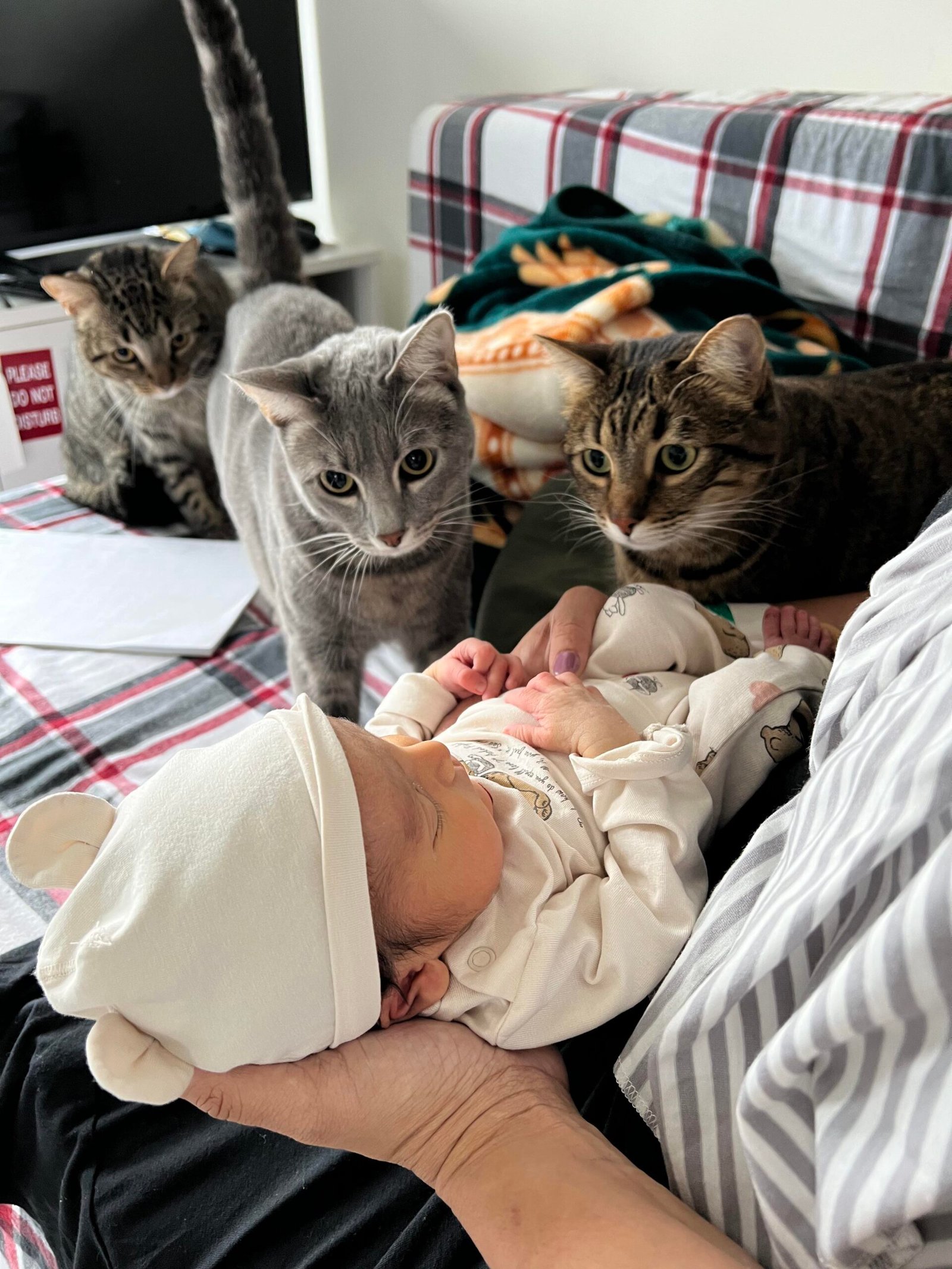Cats have been companions to humans for centuries, offering affection, entertainment, and an air of mystery. However, when a newborn baby enters the picture, many new parents find themselves questioning if their feline friend is still a suitable housemate. Will the cat be gentle and curious, or territorial and stressed? The relationship between cats and newborns is a topic that stirs curiosity, concern, and often, heated debate. Let’s explore this intriguing question, shedding light on whether cats and newborns can coexist harmoniously — and how to make the transition smooth for everyone involved.
The Gentle Nature of Cats
Cats are known for their gentle and calm demeanor, which can be a soothing presence in a home with a newborn. Their soft purring is often described as a calming sound that can help reduce stress and anxiety. In many ways, a cat’s gentle nature can be likened to a soft lullaby that lulls a baby to sleep. Cats are also independent creatures, requiring minimal attention, which allows new parents to focus more on their newborns. However, as with any pet, it is important to ensure that the cat is comfortable and stress-free in their environment to maintain this gentle behavior.
Potential Health Concerns

One of the primary concerns of having a cat around a newborn is health and hygiene. Cats can carry certain parasites like Toxoplasma gondii, which can be harmful to infants. This is why maintaining cleanliness and regular veterinary check-ups is crucial. Additionally, cat hair can be a concern for those worried about allergies. Regular grooming can minimize shedding, and vacuuming can help keep the home free of excess hair. It’s important for parents to consult with their pediatrician regarding any specific health concerns related to their cat.
Building a Safe Environment

Creating a safe environment where both the cat and the newborn can coexist is essential. This might mean setting boundaries, like keeping the cat out of the nursery or ensuring the crib is inaccessible to the curious feline. Baby gates or closed doors can be effective in keeping the cat away from the baby’s sleeping area. Furthermore, providing the cat with their own space, complete with their favorite toys and bedding, can help them feel secure and less likely to encroach on the baby’s space.
The Bond Between Cats and Babies
Despite initial concerns, many families find that a special bond can develop between their cat and their newborn. As the baby grows, they may become fascinated with the cat, and the cat, in turn, may become protective of the baby. This relationship can be heartwarming to witness, as the cat often becomes a gentle guardian, watching over the child as they explore their new world. This bond, however, requires time and supervision to ensure it develops safely and positively.
Supervised Interactions

Supervised interactions between the cat and the newborn are vital in the early stages. This allows parents to monitor how the cat reacts to the baby and vice versa. Encouraging gentle touches and positive reinforcement can help foster a healthy relationship. For example, when the baby reaches out to the cat, guiding their hand to stroke gently can teach both the baby and the cat how to interact safely. This supervision also ensures that any signs of discomfort or aggression from the cat can be addressed immediately.
Reducing Stress for Your Cat

Introducing a newborn into the home can be a significant change for a cat, potentially causing stress. To ease this transition, maintain your cat’s routine as much as possible. Regular feeding times, play sessions, and quiet time can help reassure your cat that they are still an important part of the family. Providing them with a safe retreat, such as a cozy bed or a perch, can give them a sense of security amidst the new hustle and bustle.
Understanding Cat Behavior
Understanding basic cat behavior can be beneficial when introducing them to a newborn. Cats communicate through body language and vocalizations, so recognizing signs of stress or discomfort can prevent potential issues. For instance, a cat with raised fur or a twitching tail may be feeling threatened. By acknowledging these signs, parents can take proactive steps to ensure the cat feels safe and respected, thus fostering a peaceful coexistence.
Benefits of Growing Up with a Cat

There are numerous benefits to children growing up with cats. Studies suggest that children who grow up with pets tend to develop better social skills, empathy, and emotional intelligence. Cats can also be a source of comfort and companionship, providing a constant presence in a child’s life. Additionally, the responsibility of caring for a pet can teach children valuable life skills, such as empathy, responsibility, and nurturing.
Preparing for the Arrival of the Baby

Before the baby arrives, take steps to prepare your cat for the upcoming changes. Gradually introduce them to baby-related sounds, such as crying or the hum of a rocking chair. This exposure can help desensitize the cat and reduce anxiety once the baby is home. Setting up the nursery in advance and allowing the cat to explore the new space can also help them acclimate to the changes.
Conclusion: Harmony in the Household

Ultimately, cats can be wonderful companions for families with newborns, provided that precautions are taken to ensure the safety and well-being of both the baby and the cat. By understanding their needs, maintaining a clean environment, and fostering positive interactions, cats and newborns can coexist harmoniously. The result is often a loving relationship that enriches the lives of everyone involved.

Born and bred in South Africa, a Capetonian at heart. Amy-Leigh’s love for nature and animals was inherited from her Dad. He loves taking the family on road trips to experience nature at its finest; Amy-Leigh’s favourite being whale watching in Hermanus and spotting Kudu along the West Coast. Amy-Leigh holds a BA in English Literature and Communication Studies.





